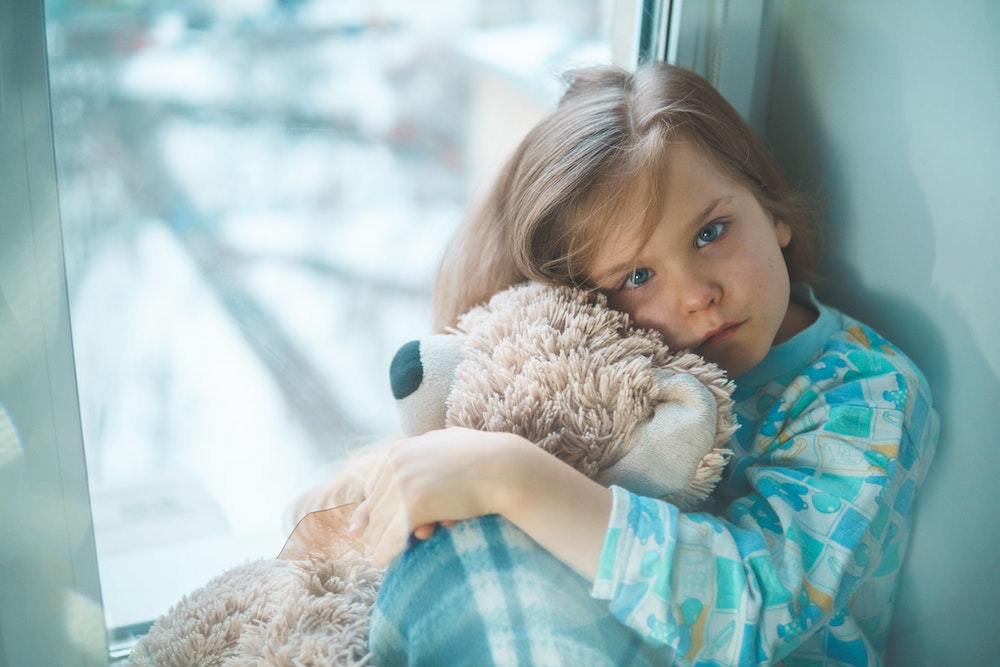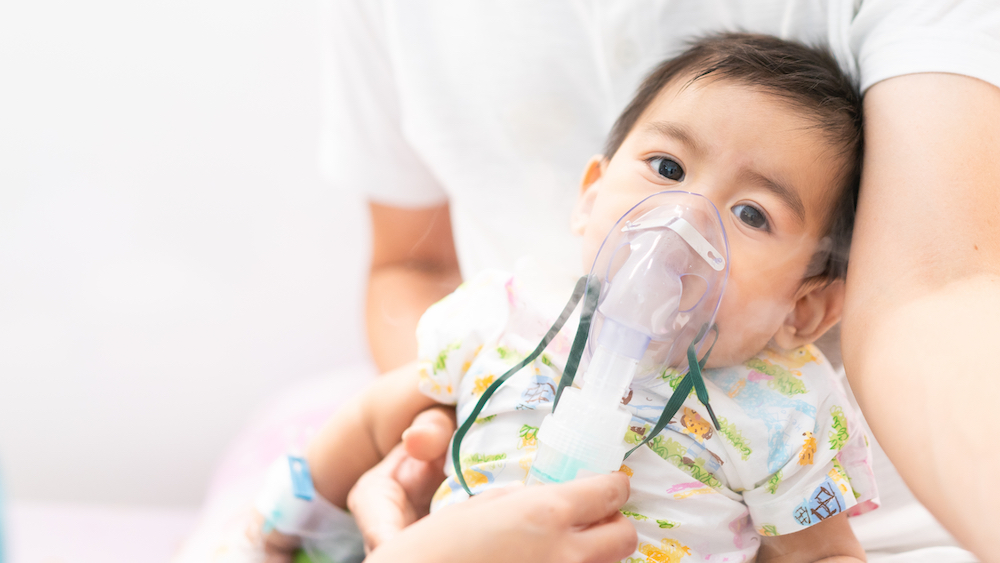This season has been hit hard with cases of respiratory viruses in children, as RSV, the flu, Covid-19, and the common cold are spreading around. Fortunately, there are many home remedies to treat your children’s symptoms.
If your child has a runny nose, try using a saline nasal spray by adding one to two drops in each nostril. Doing so will loosen any dry mucus (which contains the virus) and make it easier to remove. For babies, using a rubber suction bulb or nose frida is recommended to gently suck out extra drops or mucous. Humidifiers with a cool mist vaporizer are also effective in relieving congestion. Humidifiers help make the mucus thinner so that your child can breathe more easily. Note that it’s essential to avoid any hot-water vaporizer as the steam can burn your child. It’s also important to keep the humidifiers clean to avoid bacteria growth and mold.
For a sore throat or if your child is coughing a lot, you can give your child honey mixed in warm water or herbal tea, only if your child is older than one year. For babies under one year of age, honey is not safe to give to them. Honey can soothe children’s throat and cough by thinning the mucus and by doing so, reducing your child’s cough. You can try 1-2 teaspoons, before bed can be especially helpful.
Make sure your child is also drinking enough fluids as it’s important to keep them hydrated to thin out the mucus production. For children over 5 years of age, you can try using cough drops for relief if their cough is not improving. Warm baths or showers can also help clear out the airways. As well as what we call steamy bathroom treatments – steam up the bathroom and take your child with you into the steamed up bathroom for 10-15 minutes to help clear congestion.
When your child is sick, it’s important to also ensure that they’re getting enough sleep and rest to strengthen the immune system.
If your child has a fever, you can give them acetaminophen (Tylenol) or ibuprofen (if your child is at least 6 months old). However, we advise calling our office or referencing our dosage sheets on our website before giving medication to children under 2. Always make sure to follow directions on the medication/dosage sheet for correct dosage based on your child’s weight and age. And if your infant is under 3 months and has a fever, please contact us right away.
In most cases, your child will not need antibiotics as they do not fight viruses and can sometimes be harmful to children. There are certain infections, however, that may require antibiotics. Our pediatrician will evaluate your child before providing a prescription.
If you have any questions or concerns about your child’s illness or about using remedies to treat your child, please contact our office.


